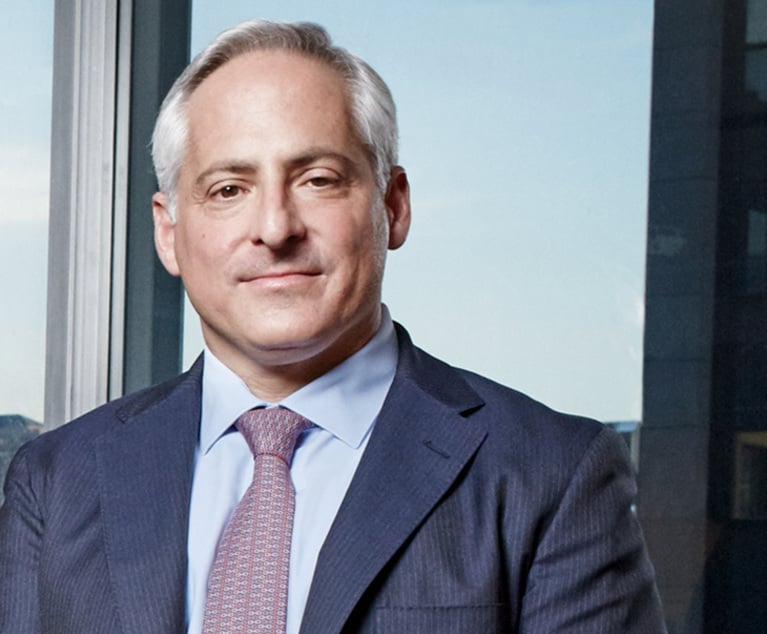Welcome back for another week of What’s Next, where we report on the intersection of law and technology. Here’s what we’ve got for you today:
>> Newly released records show that police officers’ use of surveillance technology on protesters might have violated a San Francisco ordinance.









